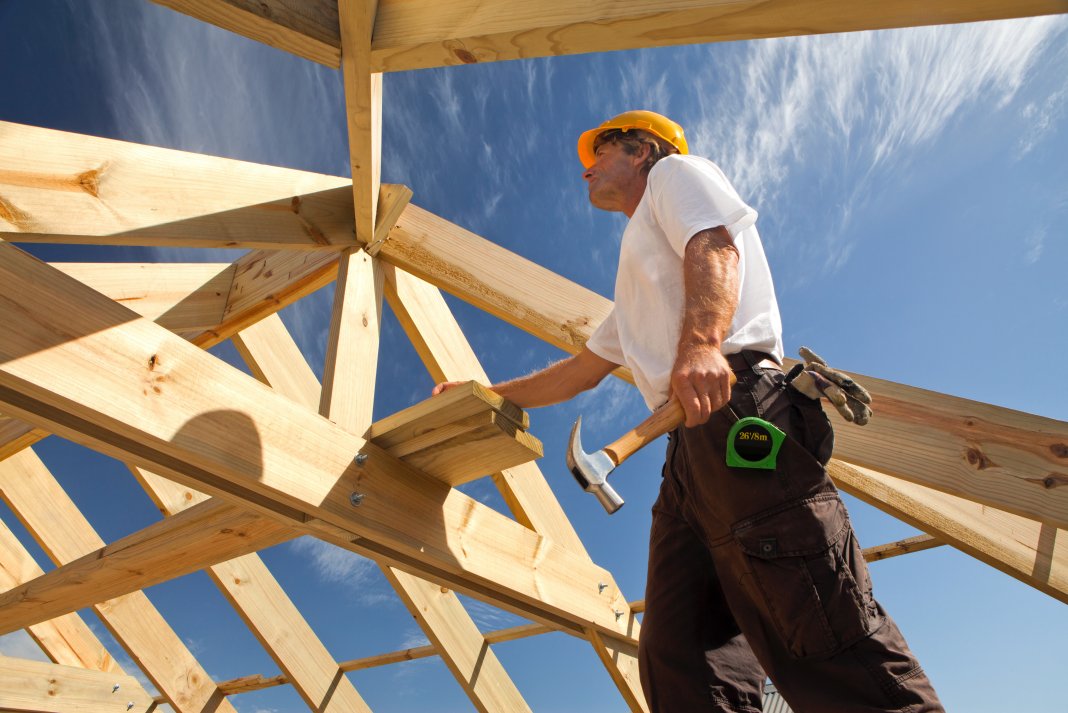A new survey commissioned by Registered Master Builders for its annual Constructive Forum highlights key issues facing the building and construction sector:
-
95% of respondents reported issues with increased costs, delays, customer complaints and product substitutions due to a lack of available building materials.
-
88% reported that stress and mental wellbeing was a significant issue
-
70% of respondents say it’s harder to get the staff they need now than it was 12 months ago
The Registered Master Builders Association’s annual State of the Sector Survey has revealed that while the building and construction sector is optimistic about its business prospects and the economy, reflecting the current boom, it is facing huge constraints and challenges.
Released at this year’s Constructive Forum, the survey identifies the biggest challenges and opportunities facing the building and construction sector. Over 300 industry leaders from across the sector responded to questions about the economy, critical issues the sector is facing, and their outlook for the sector.
If every one of our members’ building projects is delayed by even one week, collectively our members and homeowners are incurring almost $100 million per annum in lost profits and extra costs.
Master Builders Chief Executive David Kelly said that respondents were asked to rank the most critical issues impacting their businesses in 2021.
“The three most important issues were: the supply chain disruption, product availability and increasing product substitution; the rising costs of construction; and, acute skilled labour shortages. The sector is stretched to breaking point, largely due to factors outside its control.”
These issues are imposing significant stress on builders, with 88% reporting that stress and mental wellbeing was a significant issue for them.
David Kelly expressed his concern, “It is worrying but not surprising that our workforce is feeling under stress. After all, they live in the communities where they work so they’re at the front line delivering the homes that New Zealanders desperately need.”
“They like the rest of the community also have to navigate the stresses of Covid. And they have the added uncertainty, even in boom times, that it can’t last, and the industry does suffer hugely when it changes.”
The survey also found that finding skilled staff is an acute problem for the sector. Almost 70% of respondents say it’s harder to get the staff they need now than it was 12 months ago, with 37% say that it is substantially harder.
“Finding skilled staff has been in the top three issues since we began the survey in 2018.
The sector is crying out for experienced people across a range of specialist areas.
Uncertainty around immigration settings only exacerbates this situation,” stated David Kelly
“This is also more complex than many people realise. While training is an important piece of the puzzle – it will not solve the problems we have today. We need experienced skilled workers, and they are competing for those people with other countries and sectors.
“The Government’s apprentice boost scheme has been appreciated, apprentice numbers are at an all time high and we are pleased to see more employers commit to training. This is a vital part of the puzzle to ensure we have the skilled workers we need in the future, but it is not the complete answer today.”
Supply chain disruptions and consenting issues were also highlighted as barriers to building. Cost escalation, building delays, and customer complaints were reported by 95% of respondents.
Consenting delays are also a huge problem according to David Kelly, “More than half of our respondents are experiencing delays of longer than three weeks for consents, more than five days for inspections and three to four weeks longer for code of compliance. These delays affect both builder and customer.”
“If every one of our members’ building projects is delayed by even one week, collectively our members and homeowners are incurring almost $100 million per annum in lost profits and extra costs.
This is a phenomenal number, especially when you consider that just a one week delay is very conservative.
This is a key part of our productivity conundrum and will be a key focus for the Forum this year.”
The annual Constructive Forum is an industry led effort to enhance collaboration, build resilience, and ensure a vibrant and sustainable sector that delivers for New Zealand.
Its purpose is to bring the entire supply chain together, from Government, finance, land, design and build, and key enabling sectors such as research, training, and regulation to work together and identify ways to lift performance in the sector.




